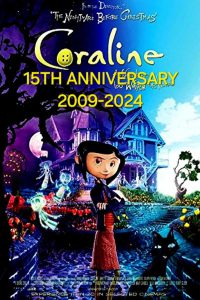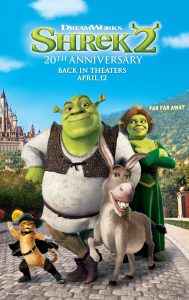 Kendria Haley
Kendria Haley
Staff Writer/MC486
Shirley Chisholm once said, “You don’t make progress by standing on the sidelines, whimpering and complaining. You make progress by implementing ideas.” The movie “Hidden Figures,” which premiered on Christmas Day last year, portrayed just how far a good idea can take you. If you are looking for a movie with laughter, tears, and empowerment, then you should consider seeing this movie.
“Hidden Figures” chronicles the experiences of Katherine Johnson (Taraji P. Henson), Dorothy Vaughan (Octavia Spencer) and Mary Jackson (Janelle Monae)- African-American women working for NASA, who crossed all gender and race lines to inspire generations to think big.
According to IMDB, the movie was produced by Donna Gigliotti, Peter Chernin, Jenno Topping, Pharrell Williams, and Theodore Melfi. The film tells true-life events that shaped history. The film, set at NASA in 1961, depicted segregated conditions such as separate working areas as well as dining and bathroom facilities.
Diva Coleman, a senior healthcare administration major from Jackson, Miss., was inspired by Henson’s portrayal of Johnson.
“My favorite part of the movie was when Taraji’s character (Katherine Johnson) finally just let out all her frustrations about the restrooms being on the other side of the campus, the coffee, etc,” said Coleman.
Candace Riddley, a JSU alum from Jackson, Miss., stated that the movie showed that black women are intelligent, capable, strong, and can endure almost anything.
“I loved the movie in that it showed how although men predominantly held certain positions, women were just as capable as men to assist in the success of a man orbiting Earth,” said Ridley.
According to usatoday.com, this three time Academy Award nominated film grossed over $20.5 million at the box office.
Charity Hicks, a junior English education major from Gautier, Miss. said, “It is very important for people to recognize and acknowledge the plight of black women, especially the ones who were the masterminds behind something as historically significant as making it to the moon.”
The movie touched basis on historical facts that have not been taught in history classes.
Tashala Williams, a JSU alum from Clinton, Miss. said, “I never knew that African-Americans, let alone African-American women could work for NASA. I never learned that in any history class.”
She explained how excited she was to see black women portrayed in a positive light in film.
“I loved the movie. Those women were intelligent and demanded respect. They were classy working women that still took care of their families,” Williams said.
There were many memorable and historic moments documented in the film and should be seen by all, especially African-American women.
“A black woman, well any woman, should leave this film empowered and ready to take on the world. I’m telling everyone I know to go watch, it’s a must see,” Hicks said.





Be First to Comment